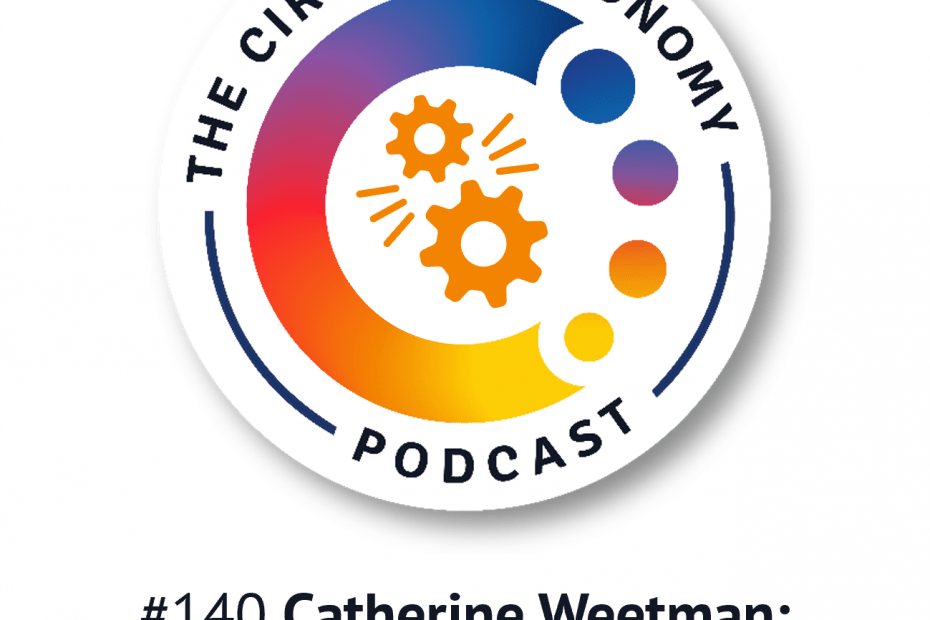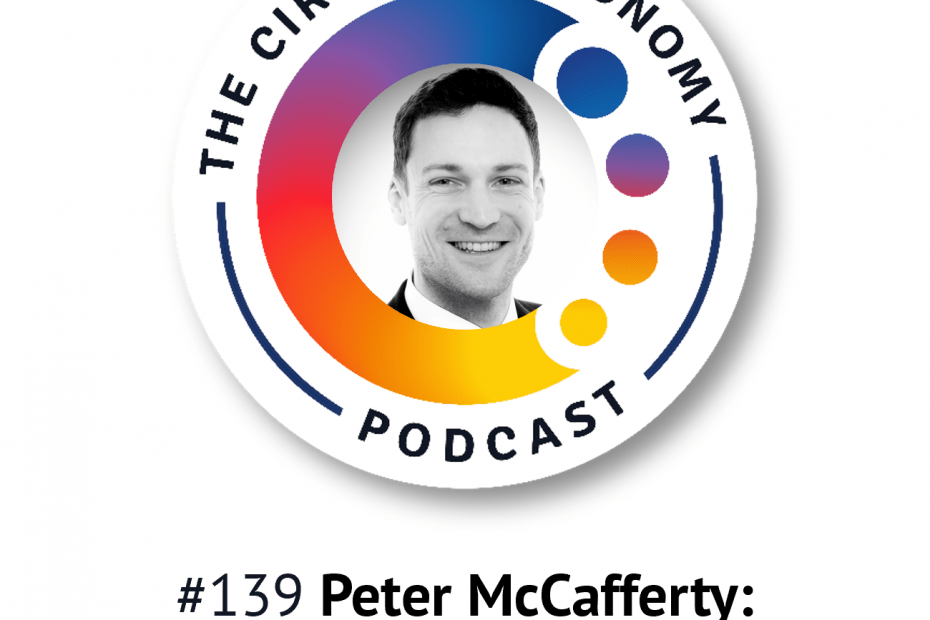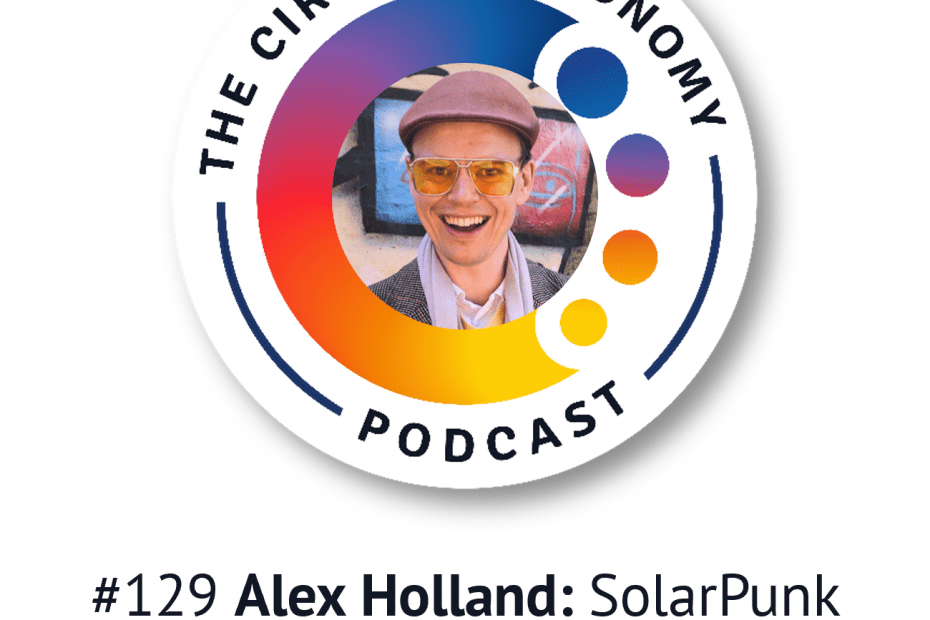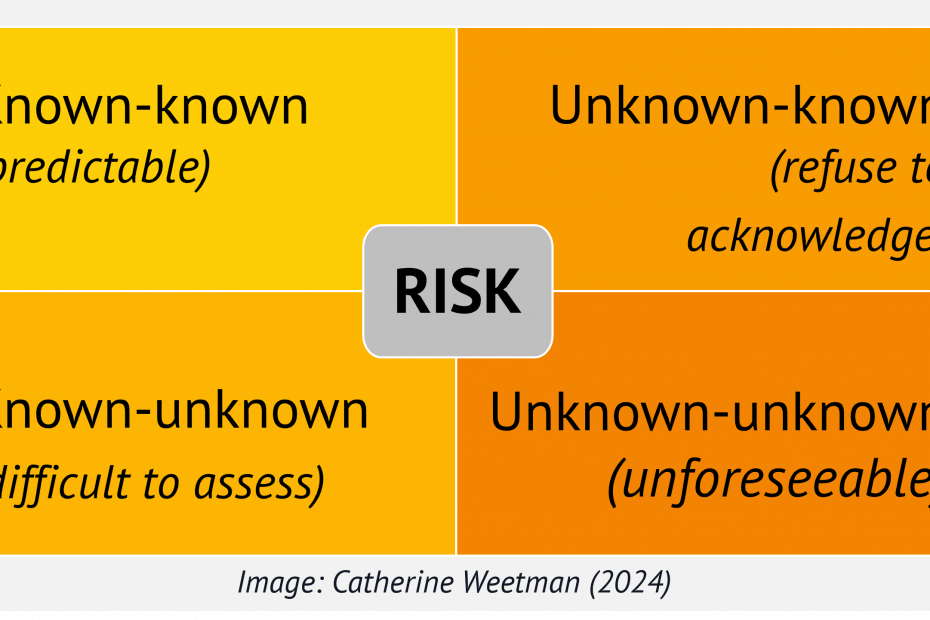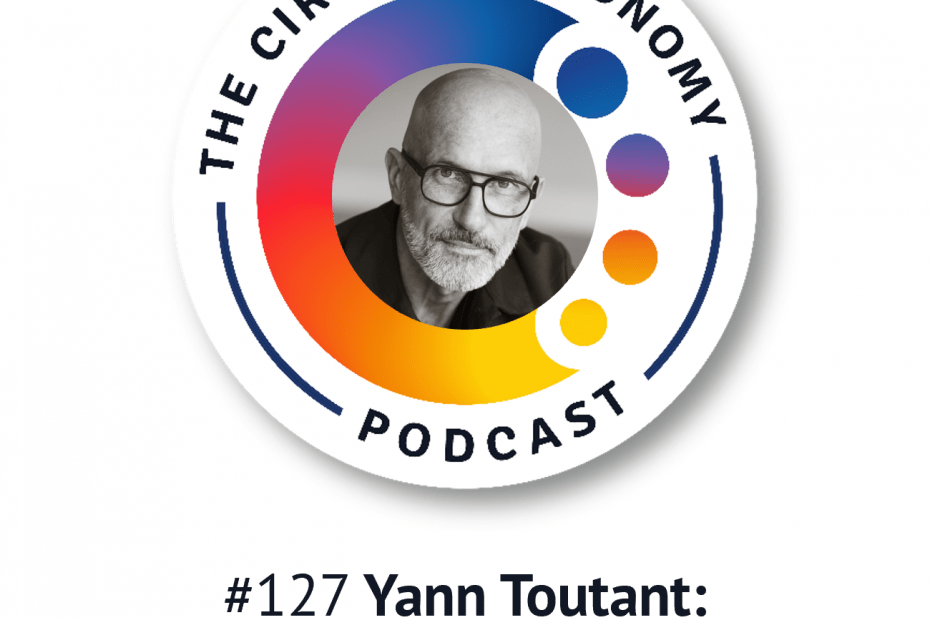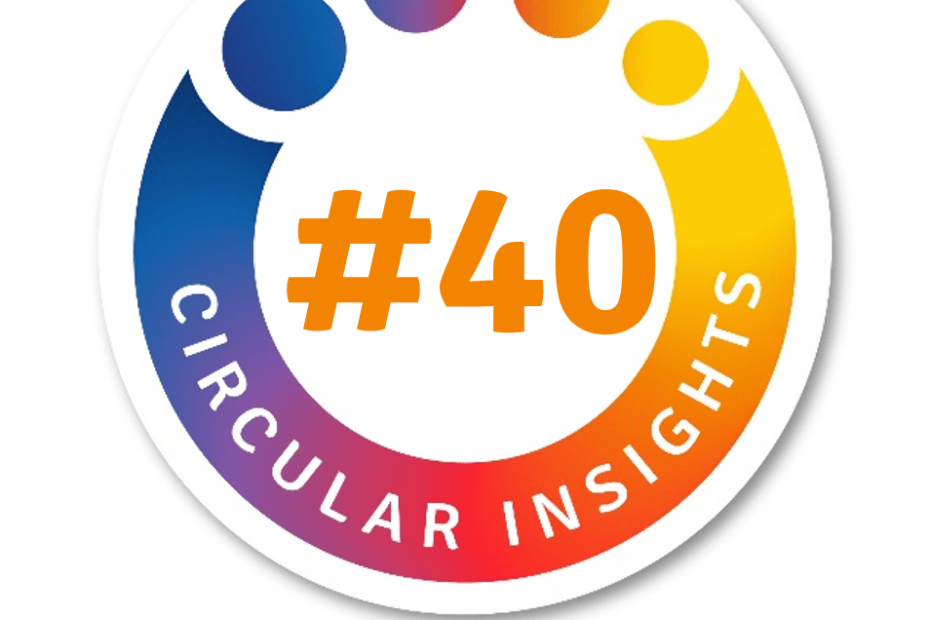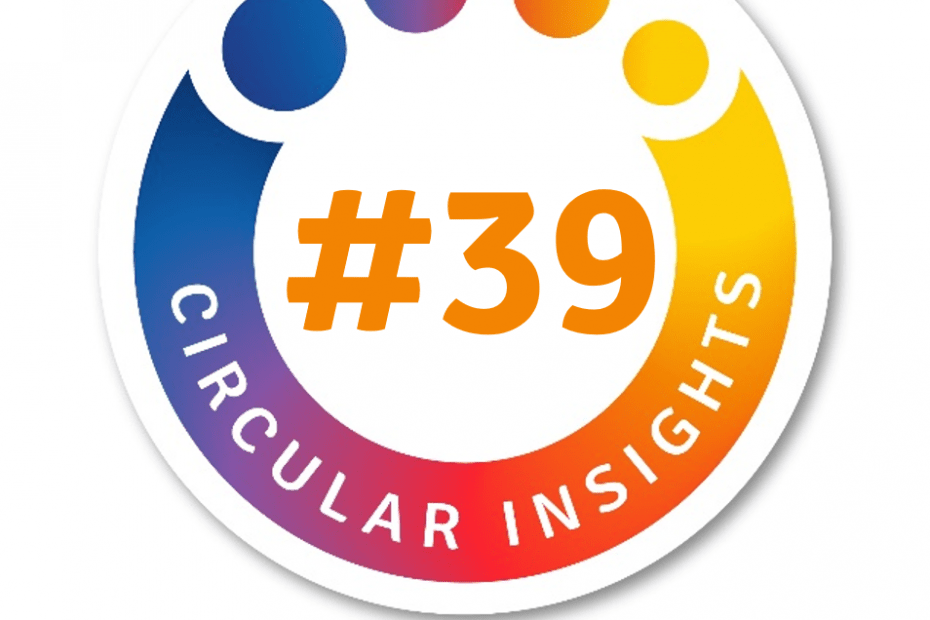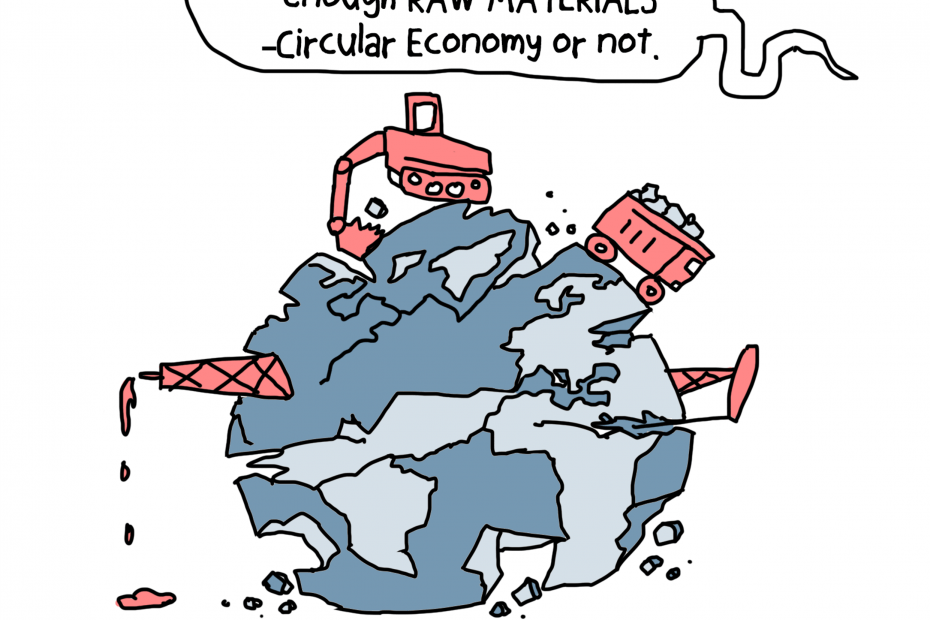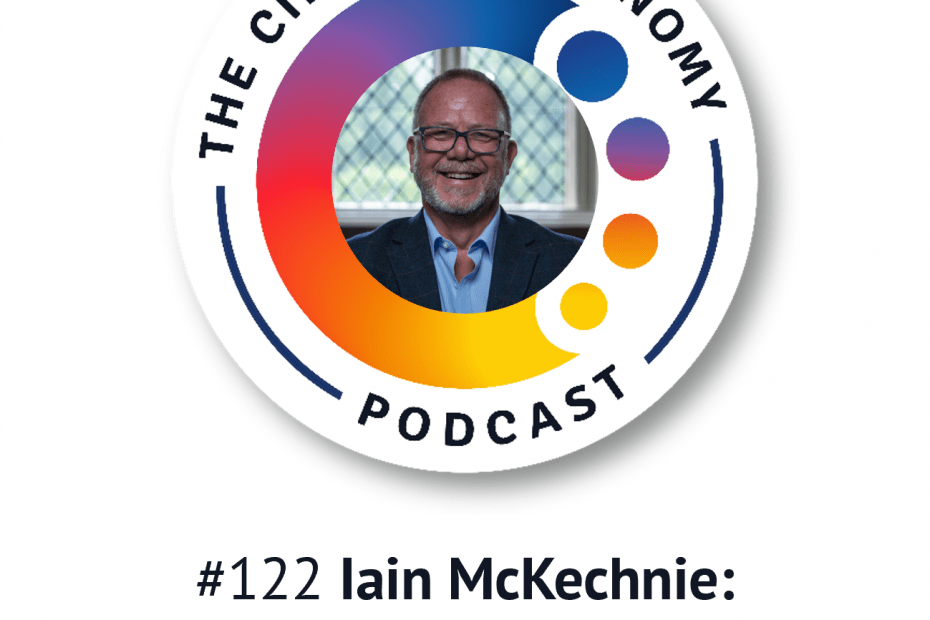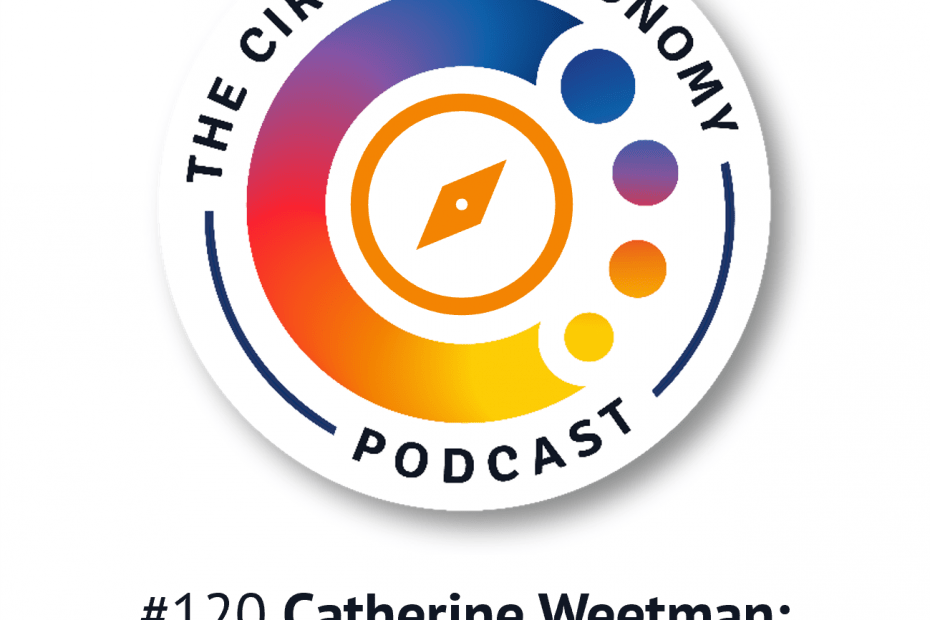Peter McCafferty works on Zero Waste Scotland’s Circular Economy Business Support Service (CEBS). These services were launched back in 2017, and since then, Peter has worked with over 200 SMEs and large organisations, so he’s got a wealth of experience and insights to share with us, especially on the fuel and friction around the circular economy.
Zero Waste Scotland is a not-for-profit environmental organisation funded by the Scottish Government and the European Regional Development Fund. Its purpose is to lead Scotland to use products and resources responsibly, focusing on where it can have the greatest impact on climate change.
It aims to both inform government policy, and to motivate individuals and businesses to embrace the environmental, economic, and social benefits of a circular economy.
Peter has over 13 years of experience of working in sustainability and resource management, and his role involves working with individual businesses to identify, shape and develop circular and sustainable business ideas through a mix of 1-1 coaching and engagement, as well as facilitating bespoke support via Zero Waste Scotland’s dedicated CE Framework.
Our discussion includes:
What’s the big ‘why’ behind ZWS, and in a practical sense, how does it provide support for businesses in Scotland that want to adopt circular solutions?
What kind of things are providing the ‘fuel’ for the circular economy, and why digital solutions are coming to the fore as key enablers of circularity.
We discuss some of the barriers to circular approaches, including regulatory challenges, scaling issues, and underestimated waste reduction potential.
These days, we’re all living in a VUCA world – volatile, uncertain, complex and ambiguous – and we discuss the importance of systems thinking, especially in getting to grips with the challenges of implementation and addressing complex global issues.
We share our thoughts on the ongoing struggle with language and interpretation of circular economy, and Peter talks about the increasing focus on carbon footprinting and net zero policies, and how seems to be getting in the way of conversations for circularity.
